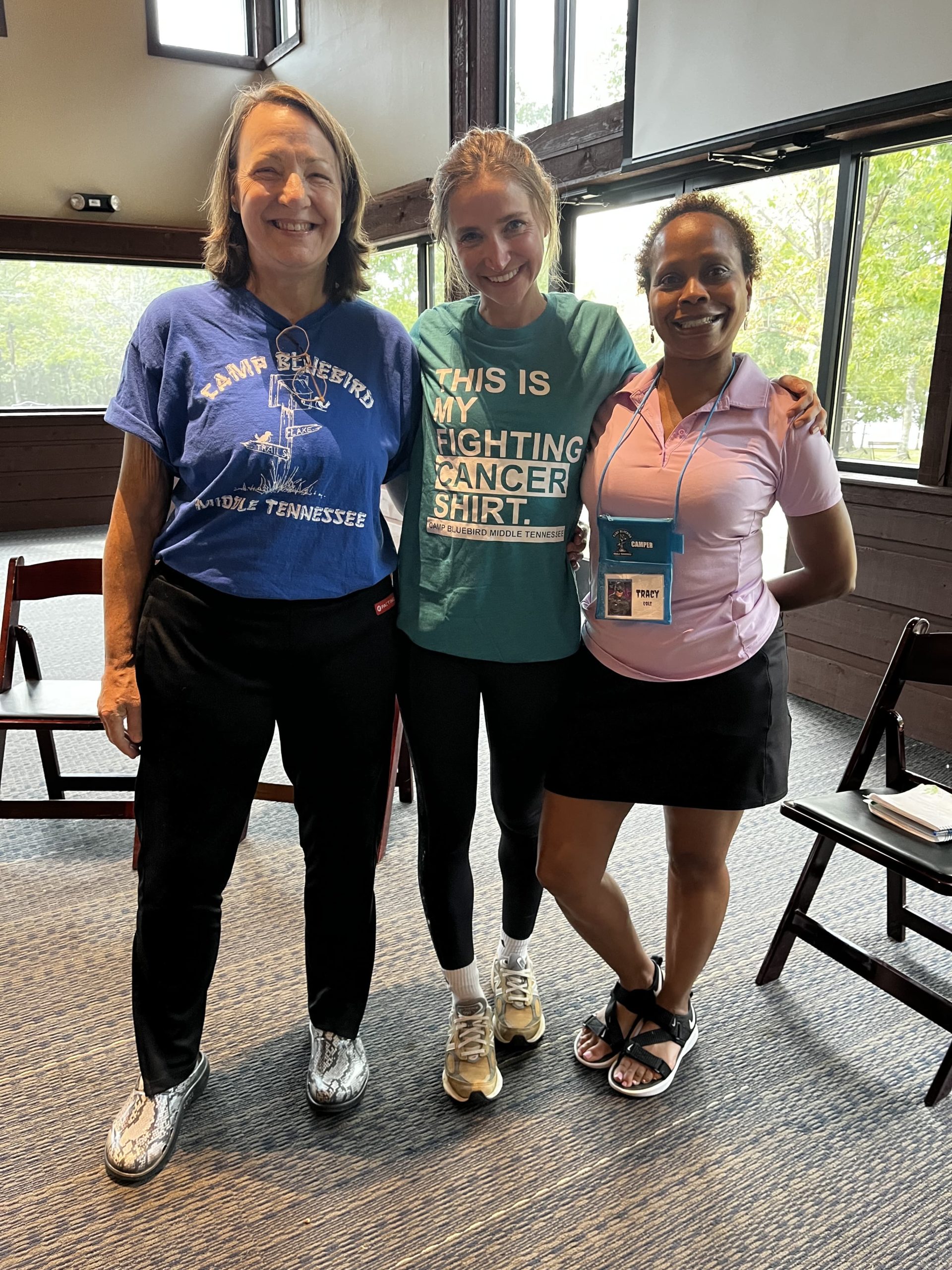When someone you love finishes cancer treatment, it’s natural to feel a mix of emotions, including relief, gratitude, hope, and even a little fear. The hard part feels like it should be over. But in many ways, the road to recovery is just beginning.
At Survivor Fitness, we’ve seen how vital the post-treatment phase is for cancer survivors. After walking alongside hundreds of survivors through our programs, we know that the need for support doesn’t end when treatment stops. In fact, it’s often when survivors need support the most. Whether survivors are finding motivation to exercise, adjusting to a new normal, or rebuilding emotional well-being, this next chapter requires patience, encouragement, and connection.
If you’re wondering how to help a loved one during this time, you’re not alone, and your support truly matters.
Some of the Challenges Cancer Survivors May Be Facing
While your loved one may radiate strength and resilience, there can be underlying challenges they might not readily express:
1. Rebuilding Physical Strength and Managing Fatigue
Cancer treatment can take a significant toll on the body, leading to persistent fatigue and muscle weakness. Your loved one may want to return to their previous activity levels or simply be able to walk upstairs without getting winded. Regaining strength can be difficult without the right support, leading to frustration and discouragement.
2. Navigating Nutritional Changes
Many cancer treatments can alter taste preferences, cause digestive issues, and create uncertainty about the best foods to eat for recovery and long-term health. Your loved one may feel overwhelmed by meal planning or unsure where to start.
3. Emotional Uncertainty and Fear
Even with successful treatment, the fear of recurrence and the anxiety of adjusting to a “new normal” can be significant. Your loved one might grapple with uncertainty about the future, changes in their body image, and processing the emotional impact of their cancer experience.
4. Feeling Isolated or Misunderstood
While surrounded by love, survivors may feel a disconnect from those who haven’t shared their specific journey. Well-meaning comments might feel dismissive of their ongoing challenges, which can often lead to feelings of being misunderstood and isolated.
Practical Ways to Support Your Loved One
Being there for a loved one doesn’t require grand gestures. Often, the small things mean the most. Here are some simple, meaningful ways to help:
1. Be Patient with the Process
Healing isn’t linear. There will be good days and harder days. Be mindful that your loved one may still need rest, may cancel plans unexpectedly, or might not be quite ready to jump back into life at full speed.
2. Educate Yourself About Cancer Recovery
Understanding the potential long-term side effects of cancer treatment and the emotional challenges of survivorship can help you be more empathetic and provide informed support.
3. Celebrate the Wins—Big and Small
Meeting a new workout milestone, making a healthy meal choice, or simply getting through the day with energy are all big wins, and every step forward matters. A little encouragement and positive self-talk go a long way.
4. Help Them Connect with Support Systems
Sometimes, the best help you can give is encouraging your loved one to lean on others, too—whether that’s a trainer, therapist, nutritionist, or a community like Survivor Fitness. Recovery doesn’t have to happen alone.
5. Encourage Gentle Movement and Offer to Be an Exercise Buddy
Suggest going for short walks together or participating in gentle exercise activities they enjoy. Your presence can provide motivation and make exercise feel less like a chore. Be patient and understanding if they need to adjust the pace or duration.
6. Support Healthy Eating Habits Without Pressure
Offer to cook nutritious meals together or help with grocery shopping. Be mindful of their dietary needs and preferences, and avoid pressuring them to eat anything they’re not comfortable with.
7. Offer Specific Help
Rather than saying “Let me know if you need anything,” offer something concrete. Asking “Can I bring over dinner on Tuesday?” or “Want me to pick up groceries this week?” makes it easier for your loved one to say yes.
8. Continue to Include Them
Ensure they still feel connected to your social circle and are included in activities they are up for. Modify plans as needed to accommodate their energy levels and needs.
Helpful Resources to Support You Both
Looking for practical tools and ideas to help your loved one through recovery? Here are a few resources we’ve created that can help:
- Develop a Meal Plan After Cancer Treatment – This blog post provides practical tips for nourishing your body after treatment.
- Survivor Fitness Recipe Book – We’ve compiled some of our favorite recipes for cancer survivors that are delicious and nutritious.
- Family-Friendly Summer Adventures – This post offers accessible ways to enjoy time together and create memories.
- Fun Workouts to Do with a Spouse – We’ve highlighted a few easy workouts cancer survivors can do with their spouse to rebuild strength and connection.
- The Power of Support Systems in Cancer Recovery – This post highlights why community matters after treatment and how to build a network that supports the recovery process.
You’re Not in This Alone
Supporting a loved one through cancer recovery can feel overwhelming at times. But your presence, encouragement, and love have the power to make a real difference. By cooking a meal together, sharing a walk, or simply sitting in silence, you are taking concrete steps to help your loved one heal. At Survivor Fitness, we believe in the power of connection, and we’re here to walk alongside survivors through every step of the journey. If you or someone you love is navigating life after treatment, we invite you to learn more about our programs or how to get involved with our mission.


